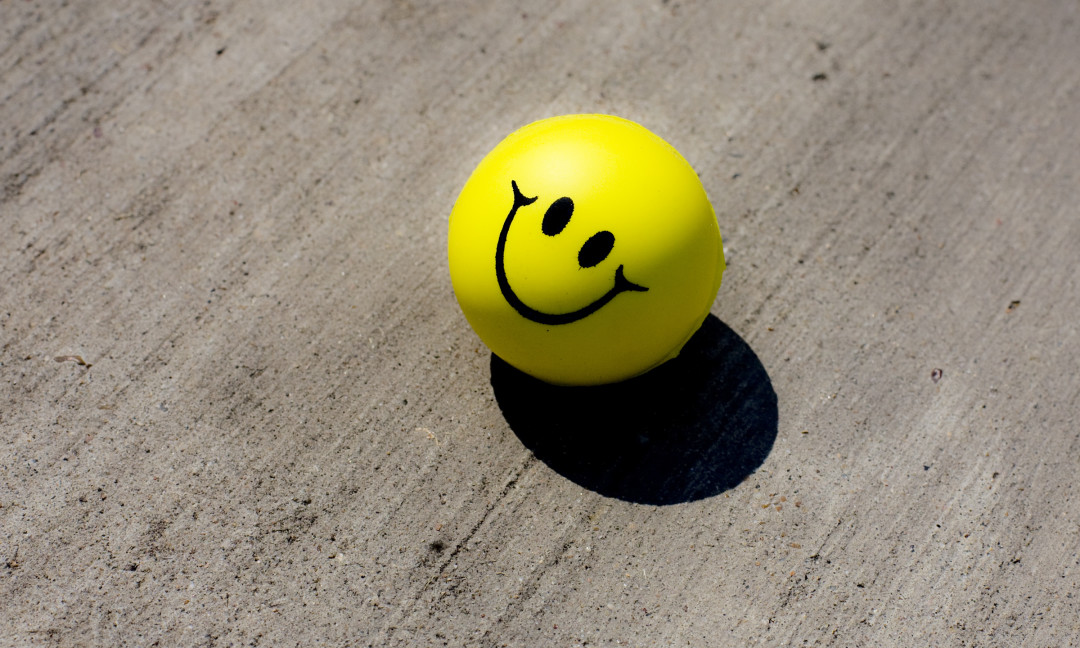Can Fixing That Leaky Faucet Cure Seasonal Anxiety?

Image: J E Theriot/Flickr
Every December, as the year starts to wind to a close, I get a spate of emails from patients asking me about the possibility of medication for depression and anxiety.
The lion’s share of the time, it isn’t that people are suddenly anxious or depressed—it’s that the additional responsibilities or emotional issues of the holiday season have pushed them over the edge. In short, they’re stressed. Or more accurately, their systems have been stressed, leading to feelings of anxiety and depression.
But it’s not only the people who are experiencing emotional symptoms for whom the holidays can be a problem. Many of my patients who have made amazing headway with myriad health issues often backslide at this time of year. There's a simple reason for it: stress.
Perhaps the worst thing about stress is that it so often feels like there is nothing we can do about it. Sure, we can meditate, breathe deeply, and practice mindfulness— these are good things to do. But even if we do those things often, we continue to have stresses pile up and eventually overflow because, simply, life happens.
So what can we do about stress? I say if you can thing about it a little bit differently, you’ll realize that you have much more control than you think!
Stress is the single most important factor affecting our health. It impacts us profoundly—mentally, emotionally, and physically. It’s a known factor in five of the six leading causes of death and dozens of other health concerns, including asthma, inflammation, obesity, headaches, IBS, type 2 diabetes, Alzheimer’s disease and dementia, anxiety, depression, accelerated aging, and even premature death.
Most people understand stress to be driven and impacted by factors we are familiar with from media, pop culture, and psychology. We think of large, life-changing events, such as a divorce, marriage, a sick family member, work or school pressures, a big move, or other events or circumstances that are out of our control. A well-known scale called the Holmes Rahe, which is often reprinted or adapted for use in popular media, quantifies the likelihood that stress will impact your health, based on which of 43 major stresses you have experienced in the last year.
Here’s the problem, though: an enormous percentage of our burden of stress doesn’t come these 43 major stresses. It comes from things that aren’t on this list, many of which we don’t even consider stress. They are the perpetual daily stresses that we face day after day, the things that cumulatively impact us, not only in the last year, but in the last five minutes; each day, each month, over a lifetime. Our overall burden increases as a result of the choices we make every single day about our food, our environment, who we choose to spend time with, family dynamics, finances, how we use our time, and many other things.

Small stresses, like a leaky faucet, can make your "stress bucket" overflow.
Image: Neville Nel/Flickr
Think of your ability to handle stress as a bucket. We’ll talk more about that in a post in a few weeks, but for now, just imagine an accumulation of all of the big and little things in your life that cumulatively fill up your “stress bucket.”
Some of these things are bigger stresses specific to each of us– too many carbs in the diet of a diabetic patient, not enough sleep for someone who has migraines, or eating gluten for someone with celiac disease. Some of them are bigger stresses but more universal– skipping meals, sitting at a desk all day, or doing taxes.
Then there is the really small stuff, the things that appear to be minutiae: a squeaky drawer, the missing button on your favorite shirt, a slow drain. The small things that we don’t think about as having any impact at all are sometimes the things of greatest importance, because these are the things we can more easily address to reduce our overall stress load.
However, if you think about stress differently, we can actually approach it in a way that will help us decrease our overall load. That way, when things do happen that are out of our control, we have the bandwidth to deal with it without being pushed over the edge. Once you look at all of the things in your stress bucket, know that each of those things, big or small, fall into one of three categories:
- Things you cannot change.
- Things you can change.
- Things you choose not to change.
Most of us feel like our stress falls largely into the first category. The reality is that most of it falls into one of the last two. The trick to choose what you can and will change, then be honest with yourself about the fact that there are many things you’re choosing not to change—for now, at least.
Here’s why. “Should” will undo you. I should quit drinking coffee, I should go to bed earlier, I should lose 20 lbs, I should start looking for a new job. There is an endless list of “shoulds” in life. Each time you “should” yourself, you not only don’t change the thing that’s causing you stress, but you pile it on even thicker.
If you understand your values and how you want to feel (my previous post was on this very topic) it becomes much easier to decide what exactly is important to do. Those things that aren’t so important, they can wait—and you’re choosing not to change them.
The things that are important, you figure out how to chip away at them until they change. If they are things that honestly are too much to think about changing right now, you pick other things—things that may have absolutely nothing to do with your current concern, but that cumulatively, if taken out of your bucket, will decrease your overall stress load.
Decreasing your overall stress load allows you freedom to breathe. It allows you more bandwidth to deal with the things you can’t change, and the things you’re choosing not to change. Be honest with yourself, and reasonable. Do what you can, and what’s important. Have a Happy New Year. I’ll be back after that with my thoughts on resolutions!
Dr Samantha Brody is a licensed Naturopathic Physician and acupuncturist and the owner and founder of Evergreen Natural Health Center in SW Portland. She is currently working on a book about how to identify which things are most important for each of us to focus on in order to decrease our overall stress and increase our health and quality of life. She can be found online @DrSamanthaND and at DrSamantha.com.




